New NYC Police Commissioner Seeks to Continue Stop-and-Frisk
The Los Angeles record of New York City Mayor-elect Bill de Blasio's appointee as police commissioner suggests street searches will remain central to policing but possibly improved through better targeting and community relations.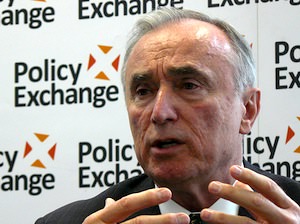
The Los Angeles record of New York City Mayor-elect Bill de Blasio’s appointee as police commissioner suggests street searches will remain central to policing but possibly improved through better targeting and community relations.
The Guardian reports:
[Bill Bratton,] New York’s newly named police commissioner presided over a surge of stop-and-frisk while running the LA police department but softened the political impact by reaching out to black and Latino community leaders.
Mayor-elect Bill de Blasio, who was elected on a promise of curbing the controversial tactic, appears to be calculating his appointee will finesse but not end it. Critics say the policy in its current form unfairly targets young minority men, an accusation which dogged the outgoing mayor, Michael Bloomberg.
Bratton, 66, who served as New York’s police commissioner from 1994 to 1996 before moving to LA, repeated his support for stop-and-frisk in a briefing to reporters on Thursday, saying it should be used in correct doses, like chemotherapy.
“At a time when police and community should be so much closer together, that there should be a bond of legitimacy and trust between them, it’s not the case in so many communities in this city. It’s unfortunate. But it can be corrected.”
During his 2002-2009 tenure in L.A., Bill Bratton helped bring “a police force that was literally at war with its African American community … to a position now … where there has been incredible improvement in those relationships,” he said. “That can happen and will happen here in New York City.”
Civil rights attorney Connie Rice told the L.A. Times that Bratton “co-opted [civil rights leaders] into the mission of … the cultural transformation of LAPD.” The 49 percent spike in stops of pedestrians and motorists from 2002 to 2008 coincided with the improvement of the force’s image. Blacks constituted 9 percent of the city’s population but accounted for 23 percent of everyone stopped. During that period, the stops that led to arrests doubled from 15 percent to 30 percent, suggesting the police more often had good reason for them.
In contrast, from 2002 to 2012, only about 6 percent of stops by the NYPD led to arrests, the New York Civil Liberties Union said. In New York, black people make up a quarter of the population but accounted for more than half of all people stopped.
The Guardian continued:
Despite Bratton’s diplomatic outreach, the LAPD faced growing accusations of racial profiling during his term. Critics, citing traffic stop data, said police stopped too many black people and Latinos, treated them differently and failed to properly investigate complaints. The department never found an officer guilty of racial profiling.
De Blasio played down those LA criticisms when he unveiled Bratton as his pick. “The community came to understand that the stops that were necessary were being done for a good reason,” he said. “There was that communication, that sense of legitimacy, and an appreciation.”
In an interview with the New Yorker before his appointment, Bratton said stop-and-frisk was fundamental to policing. “It has to be done respectfully, and it has to be done consistently … but it has to be done.”
— Posted by Alexander Reed Kelly.
Your support matters…Independent journalism is under threat and overshadowed by heavily funded mainstream media.
You can help level the playing field. Become a member.
Your tax-deductible contribution keeps us digging beneath the headlines to give you thought-provoking, investigative reporting and analysis that unearths what's really happening- without compromise.
Give today to support our courageous, independent journalists.
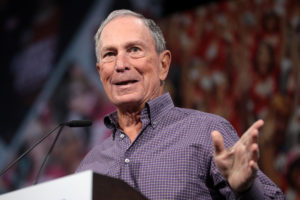
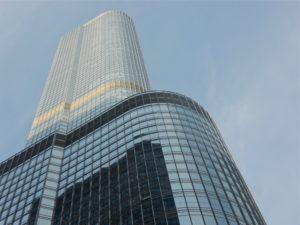
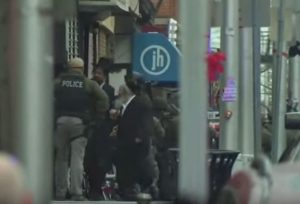
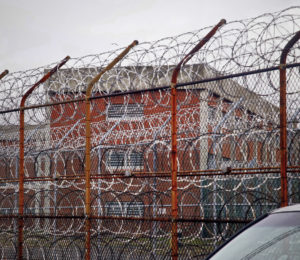
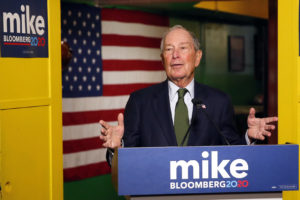
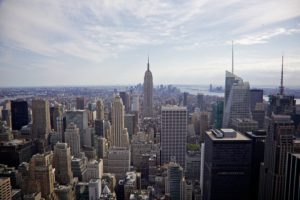
You need to be a supporter to comment.
There are currently no responses to this article.
Be the first to respond.